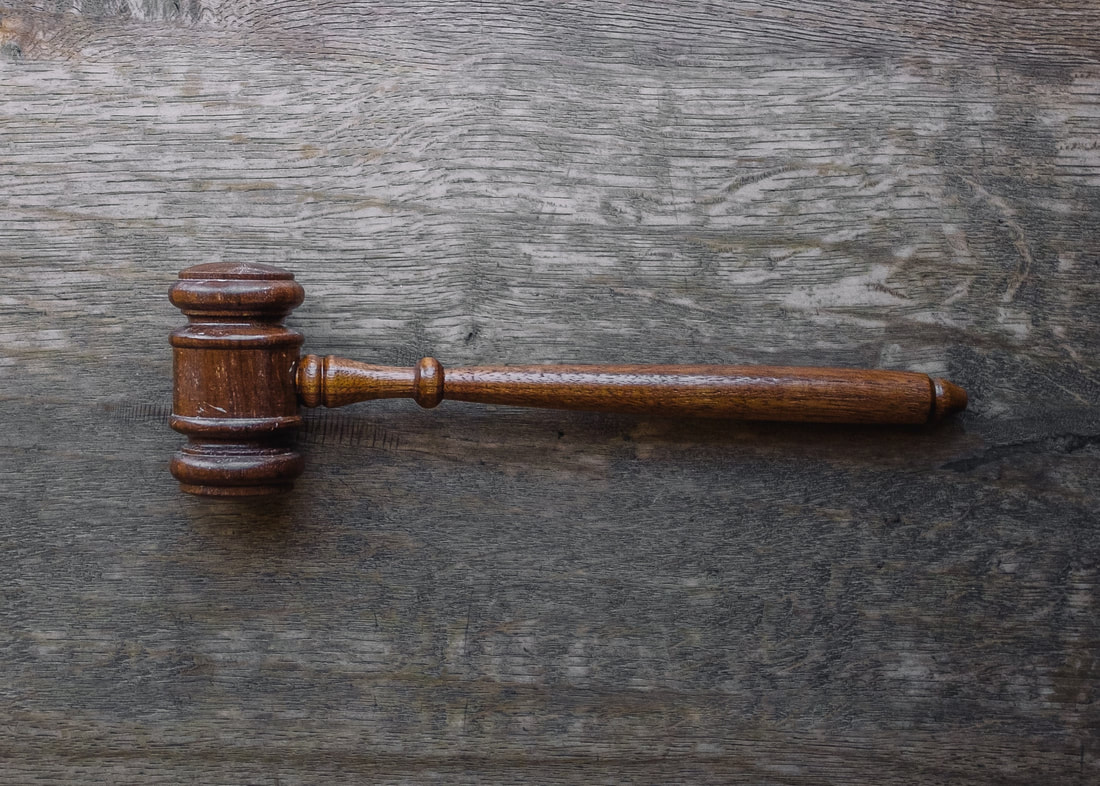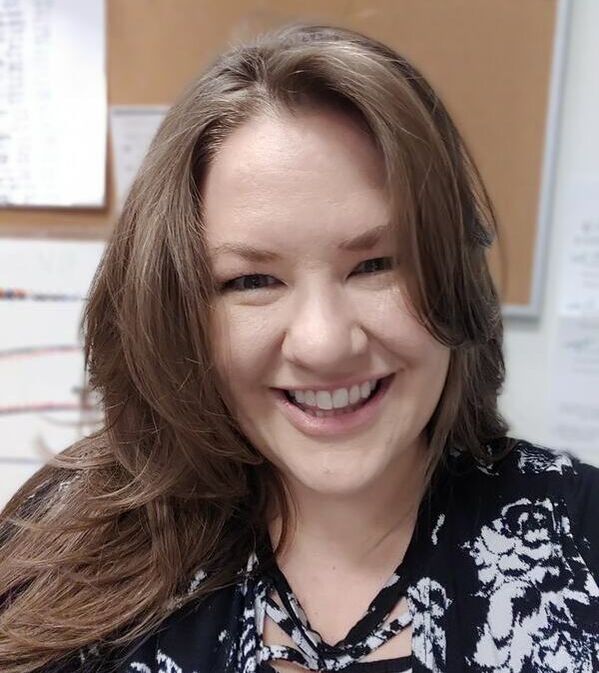|
This is a recording of a sermon I gave on October 20, 2019 at Bountiful Community Church in Bountiful, UT.
For context, the day's scripture readings were the story of Jacob wrestling with the man and the parable of the widow and the unjust judge: Genesis 32:24-31 (NRSV) Jacob was left alone; and a man wrestled with him until daybreak. When the man saw that he did not prevail against Jacob, he struck him on the hip socket; and Jacob’s hip was put out of joint as he wrestled with him. Then he said, “Let me go, for the day is breaking.” But Jacob said, “I will not let you go, unless you bless me.” So he said to him, “What is your name?” And he said, “Jacob.” Then the man said, “You shall no longer be called Jacob, but Israel, for you have striven with God and with humans, and have prevailed.” Then Jacob asked him, “Please tell me your name.” But he said, “Why is it that you ask my name?” And there he blessed him. So Jacob called the place Peniel, saying, “For I have seen God face to face, and yet my life is preserved.” The sun rose upon him as he passed Penuel, limping because of his hip. Luke 18:1-8 (David Bentley Hart translation) And he told them a parable on the necessity of their always praying and not becoming remiss, Saying, “In a certain city there was a certain judge who did not fear God and who had no concern for humankind. And there was a widow in that city, and she came to him saying, ‘Grant me justice over against my adversary.’ And for some time he would not; but thereafter he said within himself, ‘Though indeed I do not fear God, nor do I have any concern for humankind, I shall grant her justice simply because she bothers me, for fear that at the last she will entirely exhaust me with her visits.’” And the Lord said, “Listen to what the unjust judge says; Will not God then surely bring about justice for his chosen ones crying to him day and night, and not delay over them for long? I tell you, he will swiftly bring them justice. Yet, when the Son of Man comes, will he then find faith on the earth?”
Click "Read More" to follow along with my sermon notes/outline
0 Comments
Leave a Reply. |
PostsHere is it, y'all: love changes things 8/7/20
Good Friday in the Midst of a Pandemic 4/10/20 Wrestling with Faithfulness and Transformation (a sermon) 10/21/19 Healing of the Outcasts (a sermon) 10/18/19 Reckon-ciliation (a poem) 7/19/19 The Road to Recovery 6/26/19 Perpetuating Sins of the Church 8/16/18 It's Tuesday and I'm Overwhelmed 5/8/18 Music is a Language 5/3/18 Skipping a Meeting 4/10/18 Spark (a poem) 4/5/18 Recovery 4/4/18 A New Old Song for Holy Saturday 3/31/18 Good Friday? 3/30/18 Who are the Leaders in Your Church? 1/2/18 |

 RSS Feed
RSS Feed
